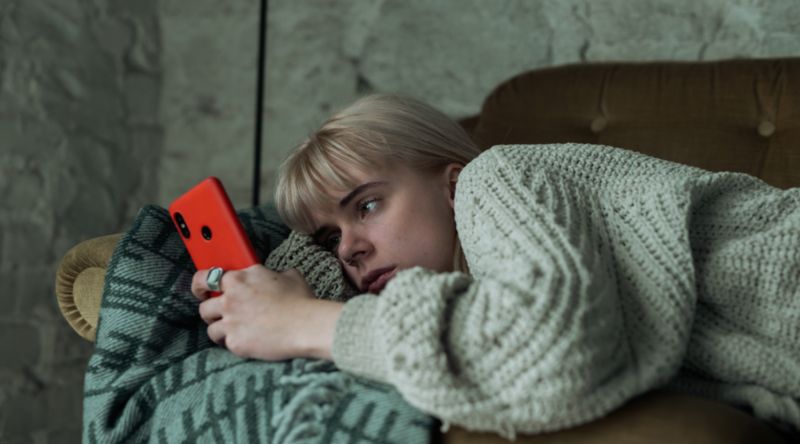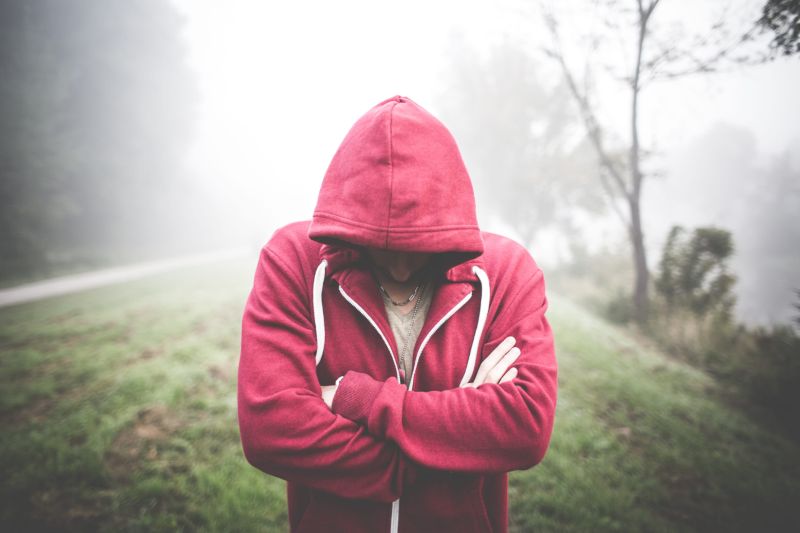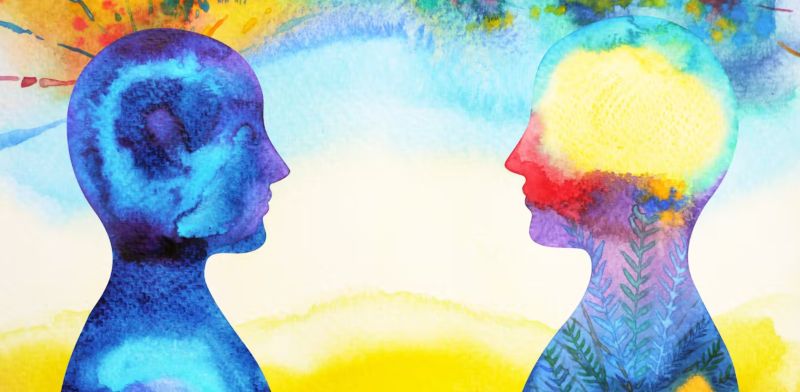
Penny Pepper is an author, poet and disability rights activist. Here she celebrates her successful career and speaks out against the current government’s drive to deprive disabled people of the support they need.

By Penny Pepper
Writer, poet & disabled activist
Introduction
If memories burn into you in moments of love – or fear – then mine begin with hospitals, my parents, and seeing seagulls at the harbour in Penzance. And one that still sends tingles to my toes: the children’s ward, permission given to stay up late to see the astronauts land on the moon. These stanzas from my poem ‘Lost in Spaces’ recall the excitement and turbulence of my life at that time. What I am, what I dream and what I want to be.
‘Lost in Spaces’
Bleary excitement on the children’s ward;
I’m almost nine and counting up the stars,
Sharp-bright, distant and unexplored –
Are there rings round Saturn, and red dust on Mars?
…I’m rolling through the once sealed door
And floating in a most unexpected way.
Planet Pen evolves, a universe to explore,
And yes. There’s everything to say.
In July this year, 2019, I performed at the huge WOMAD (World of Music, Arts and Dance) Festival, on the poetry stage. The 50th anniversary of that moon landing, and quite a landing for me. I’m the first wheelchair user on this stage, a thought to make me reflective.
If my childhood was one of illness and adaptation to personal restriction, through pain and growing immobility, then my teenage years were ones of angst, strangleholds of depression and the outbursts of punk-infused rebellion. My words took a turn into the darkness as I approached 15.
There seemed little to live for and I loathed my own body. Battered mentally, by a difficult home life and the constant hammering of stereotypical nails, which pierced my sensitive psyche, I knew I was unlovable. Stern nurses struck these nails harder under the guise of tough love. Don’t expect love. No one will want you. Be grateful for what you get.

A punk Awakening
The alarm that woke me up from this grim sleep of nightmares was punk, and some barriers began to tremble. Questioning everything, my anger gradually turned outwards. Firstly, my writing flew to politics, to hating Margaret Thatcher and nuclear weapons, to the clubbing of baby seals and understanding the Brixton riots. My words restructured my restricted world as new energies came inwards. New friends, romantic partners, creative projects and, soon, disability activism.
Through writing, I knew my barriers could at least be highlighted, and maybe other disabled people might gain strength and comradeship from reading my words. As people with disabilities began to formulate our own art and culture, I was there in those early days. Writing, writing, writing – to challenge each obstacle day by day.
When other disabled people educated me in the social model, which explains that “people are disabled by barriers in society, not by their impairment or difference”, I took to this new and exciting language. I would not be cured, and it did not matter. This life is my normality, my human experience.
I saw that my passions, my ambitions to be a writer, were challenged by endless barriers. The social model helped me understand these barriers could be removed, with appropriate funding and government intervention to initiate it. Lack of progress was not my fault or my lack of talent. I faced barriers blocking my dream to go to university and blocking me from visiting publishers. In those days there were endless steps and no lifts, there were no accessible toilets, there was no transport. And there was no personal support to get me there.
It was the birth of the Independent Living Movement in the 1990s that took me on another new path, where I understood the true meaning of independence. Independence was not about the debilitating struggle of doing every single thing yourself. Conditioned to do that, I realised it was not living – it was empty existing.
At one time the focus of my day was putting on my own shoes and socks, with sticks and gadgets and things to pull. This took hours, and the rest of the day was one of dull recovery. When I went on to the direct payments scheme (in which government money is paid directly to you so you can arrange your own support) in my 30s, I wrote more, I travelled more and worked more. The personal assistants I employed removed obstacles close at hand, from help with personal care to taking me to work. It was a true revolution of change.

Words Against the cuts
These days, independent living teeters close to collapse. We lost the nationally operated Independent Living Fund in June 2015, and remain in the grip of a government which still sees us as easy targets and slashes our entitlements. Many freedoms have faded over the last ten years, and I remain a weary warrior, every day fighting back as further incursions on funding reduce my liberty and deny me dignity.
As someone who needs assistance with all personal care, I am scared and angry. The threat hangs over me – and many others – that one day the support won’t be there to get me out of bed. To go to the toilet. To bathe me and feed me. Never mind to give me support to work or to appear at a festival such as WOMAD – where all that assistance and more is needed.
This is the bleak quagmire of cuts, the threat of institutionalisation in a care home. I work hard and campaign hard – yet the messages from those in power can clasp me in a consuming guilt for my needs and my existence. How can I feel anything else with the constant negative headlines that make me a scrounger and a fraud
My feelings are not helped by the massive rise in disability hate crime, which must correlate with the rhetoric from government. Is it any wonder the voices still sneer: I’m not good enough and never can be. Is it any wonder that my years fighting the dark dog of depression and immobilising levels of anxiety besiege me with new ferocity against this backdrop?
Despite personal fears, I’m proud to be part of the group of disabled people who come together to fight barriers embedded within society – including the latest tranche of Department of Work and Pensions attacks, under which many thousands have died. Yes. Died.
Undoubtedly there’s more access – to workplaces, public buildings and transport, and venues for disabled people – than at my beginning on this road, but barriers still plague my career as a writer and performer, and have slowed down my progress. Inaccessible venues, inaccessible networking, inaccessible everything. Worst of all perhaps, attitudes reeking with prejudice and outmoded understanding of disability.
Yet our voices have never been louder and my words have never travelled as far as they do now. As I approach 60 I’m still writing more than ever, and why not? I mean it. I want what a non-disabled person – a non-disabled writer – takes utterly for granted: equality that we don’t even need to think about, which is surely the right of us all.
Originally published by Wellcome Collection, 09.13.2019, under the terms of Creative Commons Attribution 4.0 International license.






